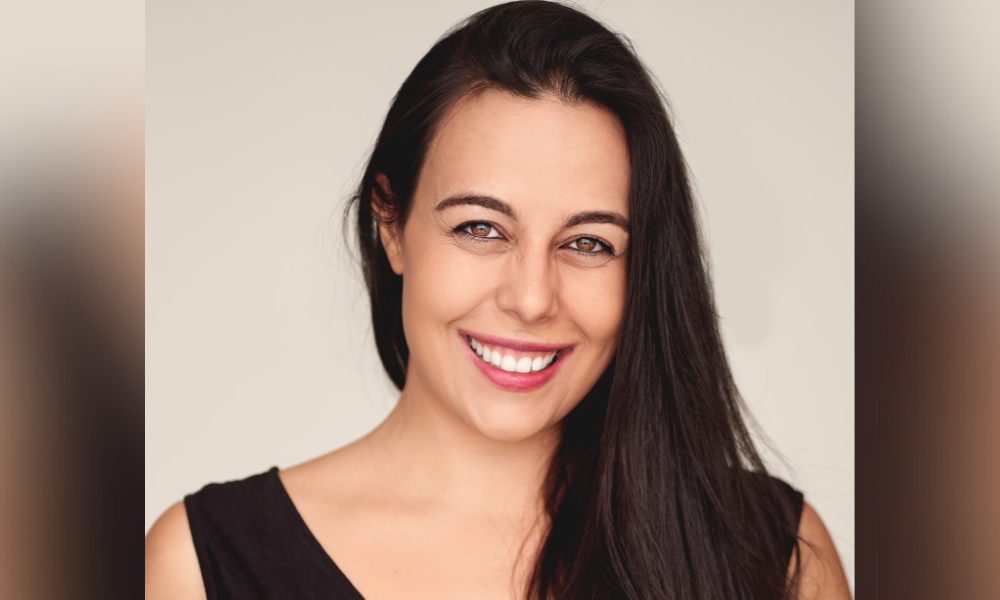
'To have that second line of support with mental wellbeing-related situations has been really beneficial,' says GM wellbeing and safety

When Bupa took on extra mental health support for its people, not only did it benefit employee welfare, says Chanel Nesci GM wellbeing & safety, it’s also become a point of difference for leaders and HR.
The team of specialists was first established in 2016 and at that time involved two mental health and wellbeing professionals. The numbers have now expanded to 10 across Aotearoa, Australia and Hong Kong.
“They are specialists, including psychologists, who also have experience and a deep appreciation of HR and the employment environment,” says Nesci.
“They can provide strong advice in situations that [otherwise] HR professionals would have had to have dealt with alone. To have that second line of support with mental wellbeing-related situations has been really beneficial – I get a lot of positive feedback on that.”
It was a spate of mental health concerns across New Zealand and Australia that in 2016 led Bupa’s H&S team to see a need for a deeper understanding of mental health within the workplace. Nesci says managers were reaching out not just from an employee perspective, but also from the perspective of family members, residents and customers.
“A lot of people were really struggling in a mental health crisis,” she says.
“Considering we are a healthcare organisation, when it comes to wellbeing, mental health, and psychosocial safety, we want to be seen as an employer of choice, and for people to know that we care about this. That's definitely reflected in the investment that has gone in, particularly in the last couple of years.”
Further expansion of the mental health team came in 2020 when Nesci presented the case to the executive leadership team that additional numbers were needed. Getting buy-in was surprisingly easy, she says.
“What we put forward wasn't a commercial proposition, it was a people-led proposition, but I remember our CEO at the time acknowledged that it was just the right thing to do,” says Nesci.
Since then, the team of mental health specialists has continued to grow. “The appetite is absolutely there for this type of psychological health and safety expertise in the workplace,” she says.
“In aged care, for example, our people are frequently dealing with really quite emotional situations because our elderly people do sadly pass away. That's emotionally impactful, that's stressful. We want to help them cope with this emotional toll.”
As well as taking measures to prevent harm by educating workers regarding policies, procedures and areas where psychosocial risks might be present, Bupa also recognises the importance for the organisation to create an environment that reduces risk in the first place, she says.
In some circumstances this has involved redesigning work.
“If we know there are roles that are fundamentally more risky, we make sure we undertake a task analysis and consult with those people to really understand what is causing concern,” say Nesci. “We look at our data and any indicators that there may be something that needs our attention, and we involve the people doing the work in potential solutions.”
Last year Bupa – which employs 22,000 throughout APAC, including 4000 in New Zealand – also launched a new global wellbeing programme called Viva Healthier and Happier.
“Our new global CEO Iñaki Ereño is aiming to really uplift our wellbeing proposition, especially given that we’re a health care company and believe our employees should experience that,” says Nesci.
“Viva Healthier and Happier has been a significant investment. It's really provided our people with an enhanced programme across all of the important wellbeing pillars: physical health, mental health, social health, environmental and financial. It’s also included benefits like fully subsidised health insurance for our people through Southern Cross, skin checks and other health checks.”
Nesci emphasises the organisation continues to explore and refine what’s offered.
“Being a predominantly female workforce, we are looking at introducing tailored women’s health programmes focusing on initiatives such as menopause and period health.
“We want people to be able to stay in the roles, be happy in their work and to be able to go home and be the best version of themselves for their families because we've done what we can as an organisation to make their roles enjoyable.”
Managing risks within the workplace that potentially could cause harm and creating conditions for psychological health and safety creates a more productive and transparent way of working, says Nesci.
“From an employee attraction perspective, we are definitely finding this been a point of difference.”